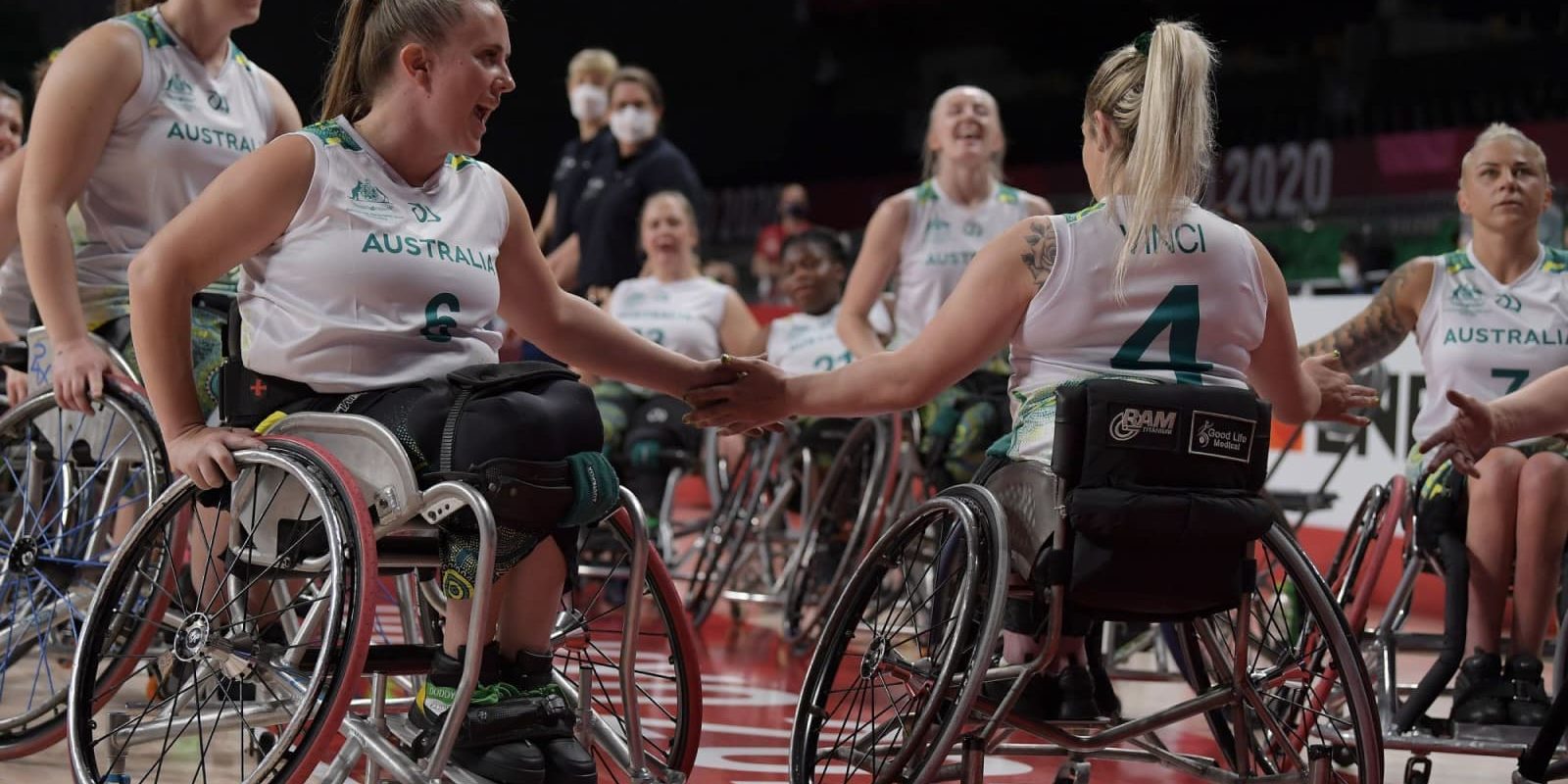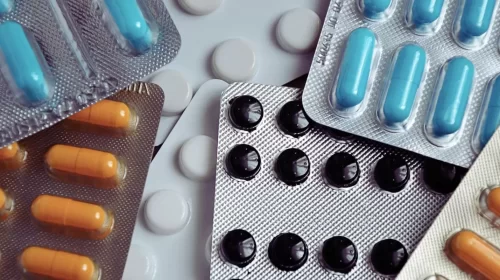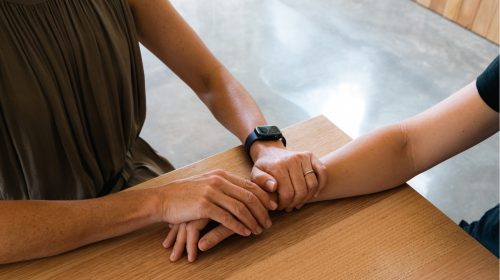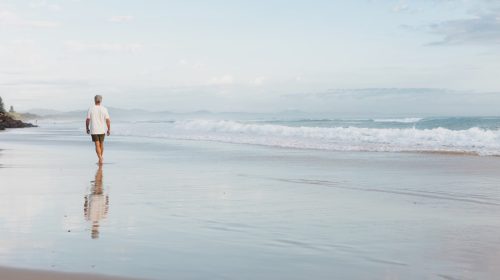You’ll remember all those feel-good moments of the 2020 Summer Paralympics in Tokyo – if only because it actually took place from August 24 to September 5, 2021.
Delayed more than a year because of Covid-19 and in doubt because Japan went through a fifth wave of the pandemic around the time of the preceding Tokyo Olympics (July 23 to August 8), our Paralympians did us proud.
The 179-strong team, competing in 18 sports, was the largest Paralympics Australia had ever sent to an overseas Games.
That human and financial commitment was rewarded by 80 medals (21 gold, 29 silver, 30 bronze) hoisting Australia into sixth place in the overall table.
Our Paralympians – like our Olympians a few weeks earlier – gave Australians, most stuck in Covid lockdown in NSW or Victoria, a chance to cheer. To celebrate the triumph of human spirit in a time of unprecedented human gloom.
This success reflected years of hard decisions which outgoing PA chief executive, Lynne Anderson, has revealed for the first time. She hopes to inspire other management teams (in or outside the sports sector) to focus as much on the mental and emotional health of the people in their care as their physical health.
"We took some tough decisions in the exhausting five years up to the Paralympics,”
Anderson states.
One was to make it mandatory for every Paralympian to be “fully vaxxed” (unlike our Olympians who were merely told by the Australian Olympic Committee that Covid-19 vaccination was “recommended”).
A second was to confine participation in the opening and closing ceremonies to just three athletes: co-captains Daniela di Toro and Ryley Batt carried the flag at the opening ceremony while swimmer Ellie Cole did so at the closing ceremony.
Another was to establish a separate Australian “bubble” inside Toyko’s purpose-built athletes’ village, with its own catering and Covid-19 rules.
“We knew this would be hard,” Anderson confesses. “Being part of the athletes’ village, mixing with friends and competitors from other countries, is what most Olympians and Paralympians look forward to after all the training and self-sacrifice they’ve gone through.”
The result? Plenty of medals, TV coverage introducing the wider Australian public to inspirational athletes and (just as important to Anderson) “not a single case of food poisoning or a single Australian testing positive to Covid-19.”
For many organisations, such success might have been ticked off with a “job well done”.
But months earlier, PA had identified a fourth dilemma that needed to be addressed. That “coming home” might be the most vulnerable time of the entire Paralympics – not just for the athletes themselves but their carers, support team and PA’s professional staff.
“After every major sporting event there’s something administrators call ‘the post-games letdown’,” Anderson explains. “We knew this would be magnified by the mandatory 14 days of quarantine when they arrived home to Australia.
“PA is an athlete-centric organisation. That means the whole athlete, not just when they are competing for medals. It means bringing them back home safely to their families and loved ones, looking after their physical, mental and emotional wellbeing.”
True, our Olympians also endured days in quarantine, but that was spent in the relatively social open-air facilities of the Federal government’s Howard Springs base south of Darwin.
That option wasn’t available to PA by nature of the team’s varied physical and mental needs. Instead, every Paralympian knew they’d have to endure quarantine alone, each confined to a single hotel room in Brisbane, Sydney or Melbourne.
So, PA turned proactive, liaising with a number of organisations – including the AOC, the Australian Institute of Sport and Beyond Blue – to develop a rich mix of opt-in/opt-out Zoom programs tailored to keep bodies fit, minds active and spirits high.
Raindrum, a boutique physical and mental wellbeing treatment provider headquartered in Byron Bay, was chosen by PA to provide five of the key professionals offering these courses and strategies.
Yoga, art therapy, mindfulness movement, regulation in quarantine and vocal warmup may not seem obvious subjects to tear a Paralympian in lonely quarantine away from Netflix.
However, each of the Raindrum are physiotherapists, clinical psychologists or experiential practitioners using their chosen expertise to address mental, physical or addictive disorders.
The strain on the 2021 Paralympians (and their carers and PA staff) had been “astronomical”,
says psychologist Jane Enter, one of Raindrum’s Clinical Directors.
"Months of worry if the Games would go ahead, lockdown before the team flew to Tokyo, the pressure of competition itself, then hotel quarantine,” Enter continues. “The quarantine program PA created was exceptional, gold standard.”
Chad Bennett, the vocal warm-up coach, who works with “actors, singers, athletes, teachers…and people dealing with drug, alcohol dependency, anxiety and depression” proved especially popular.
Why? Because his lessons in vocal, breathing and movement helped prepare participants for the Paralympians’ strictly socially distanced “Pub Choir” one-off performance (funded by Raindrum).
The incarnations of Pub Choir – founded in pre-pandemic times by Kiwi-born Astrid Jorgensen – are always inspirational (as depicted on ABC’s Australian Story).
However, this emotional performance of the new Paralympian anthem, Unwritten – sung joyously by quarantined elite athletes – is another of the feel-good moments of an extraordinary year when sport generally triumphed over catastrophe.



